Madagascar
Madagascar's President Andry Rajoelina secured re-election in the initial round of a contested ballot, marked by opposition boycotts, as confirmed by the election commission on Saturday.
An opposition candidate has appealed to the High Constitutional Court, to demand the annulment of the ballot.
Public opinion is divided, with some happy with the reelection and others less inclined to believe that this election will in any way better their status quo.
"As a citizen, we already knew that Andry Rajoelina was going to be re-elected, so life goes on for us, nothing changes. Whoever is re-elected, our life will be the same, we'll stay among the beggars," decried Voahirana Ravaoharisoa, a homeless woman.
"I'm delighted that Andry Rajoelina has been re-elected. He did some good things during his first term, and I was convinced that he was going to win," rejoiced Alphonse Raharindra Mirah, courier service.
Rajoelina obtained 58.95% of the votes in the November 16 election, subject to validation by the Constitutional Court.
The turnout, at just over 46%, decreased from the 2018 election, attributed to a challenging political climate.
"The Malagasy people have chosen the path of continuity and stability," stated Rajoelina, who first assumed power in 2009 following a mutiny. The 2018 elections marked his comeback. With 11 million voters, the choice was between Rajeolina and 12 other candidates, although ten of his rivals boycotted, denouncing it as a farce.
Opponents accused Rajoelina of corruption and neglecting the country's resources. The joint opposition response to his victory was skepticism and a refusal to recognize the results. While the opposition highlighted irregularities, they have not yet indicated if they will formally contest the outcome or call for further demonstrations.
In the lead-up to the vote, the opposition, including two former presidents, led daily protests dispersed by tear gas. Turmoil escalated when it was revealed that Rajoelina acquired French nationality in 2014, potentially disqualifying him from leading Madagascar under local law. The opposition demanded international intervention, suspended electoral processes, and criticized the use of force by the government.
Despite concerns raised by eight countries and organizations, including the EU and the US, about the use of force and irregularities, the national electoral commission insisted the election occurred under regular and transparent conditions. However, the impartiality of the commission's president, Arsene Dama, has been questioned by the opposition.




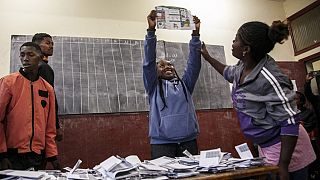
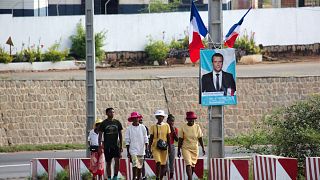
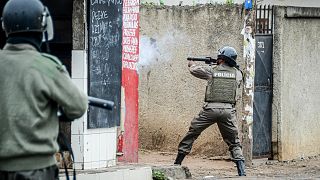
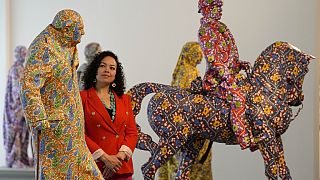


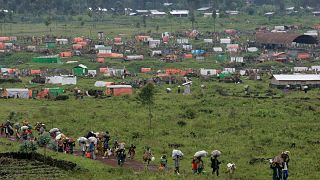
02:55
In Cameroon, Paul Biya's candidacy divides his party
Go to video
Togo protest crackdown raises fears of worsening political crisis
Go to video
Tunisia sentences prominent opposition leader to 14 years in prison
01:01
Chad’s former Prime Minister appeals to Macron after two months in detention
02:21
Ivorian diaspora in Paris demands free and inclusive elections ahead of October vote
00:52
Nigeria’s Peter Obi to contest 2027 election, opposition coalition in jeopardy